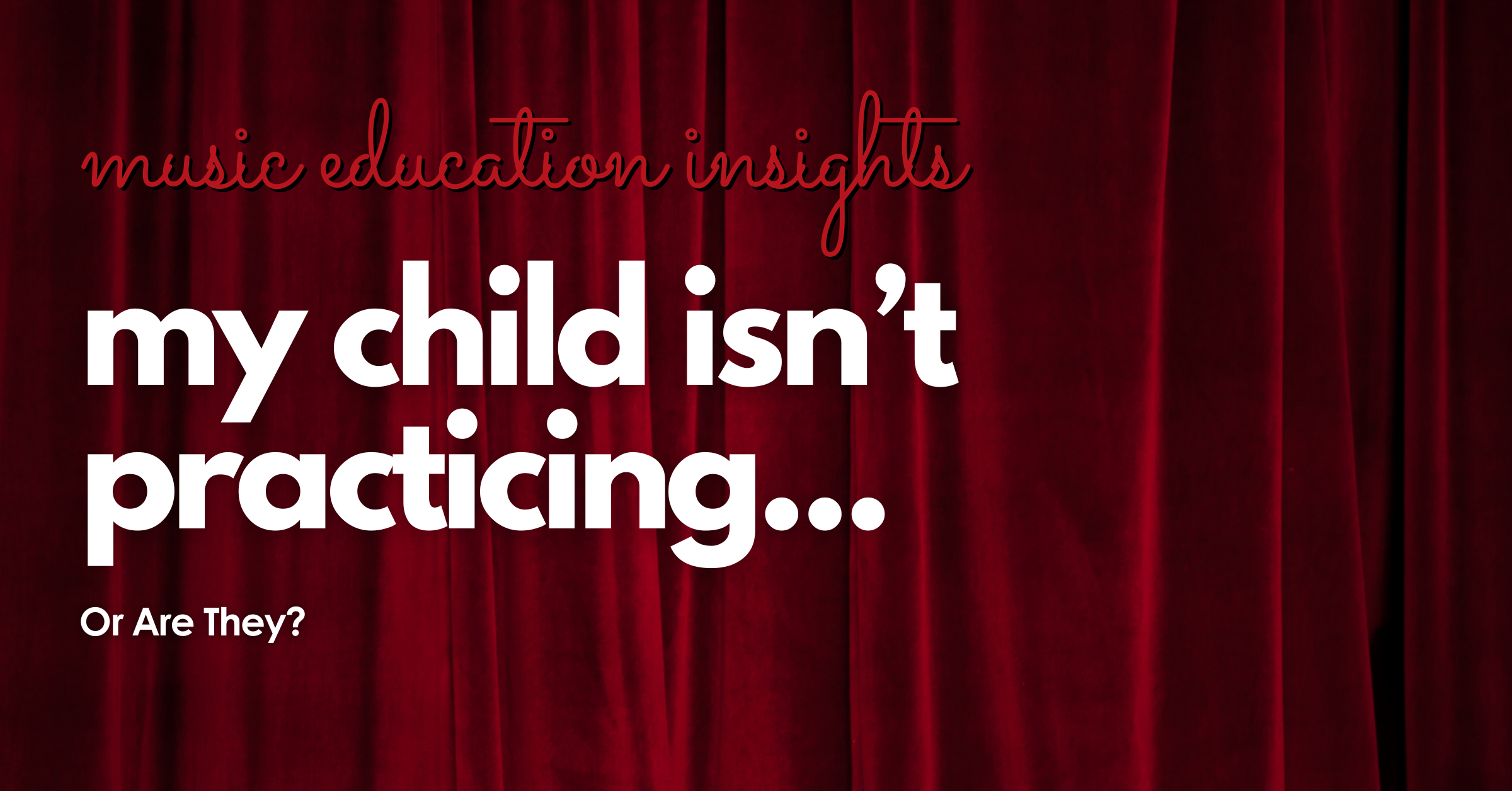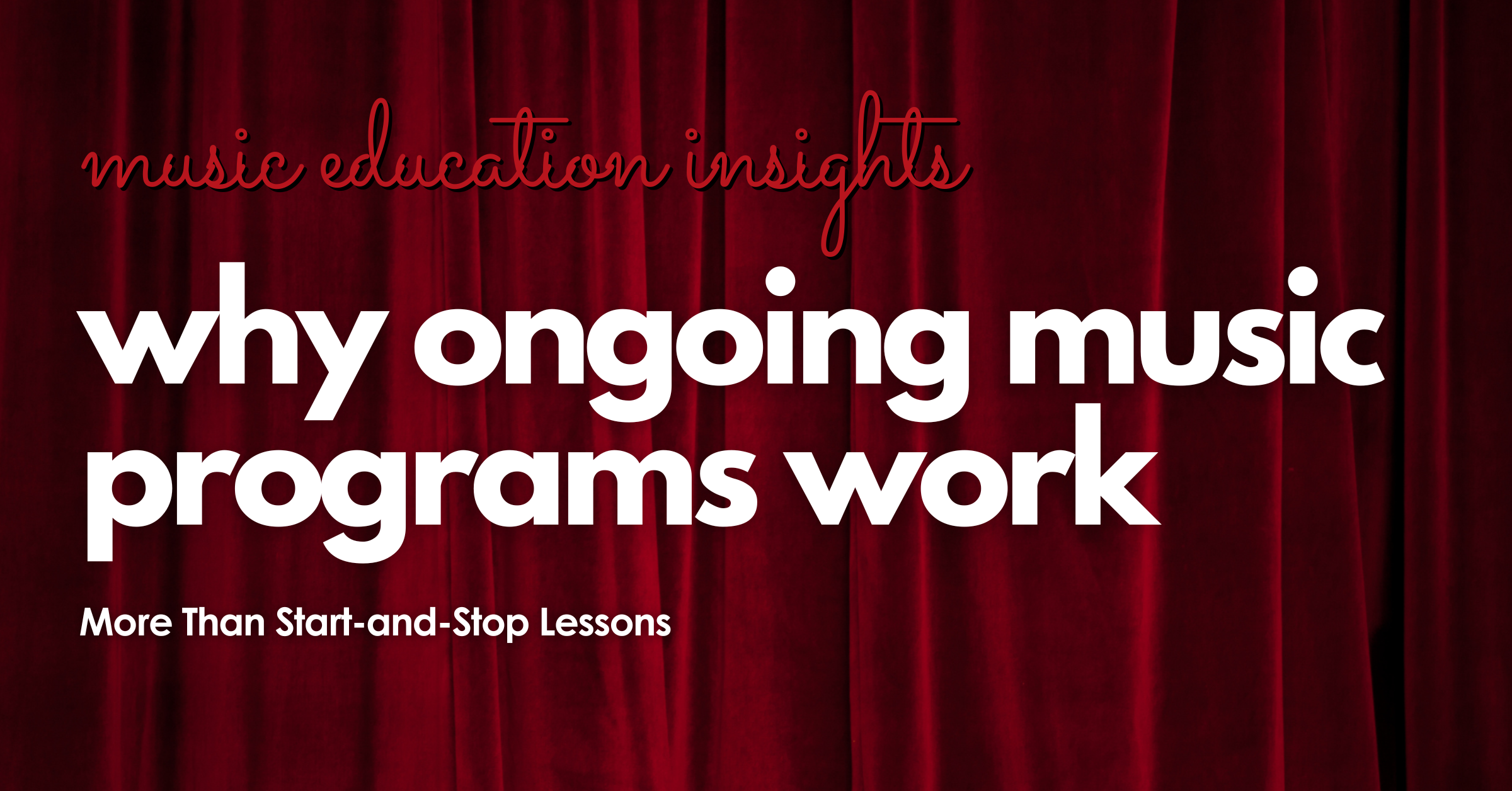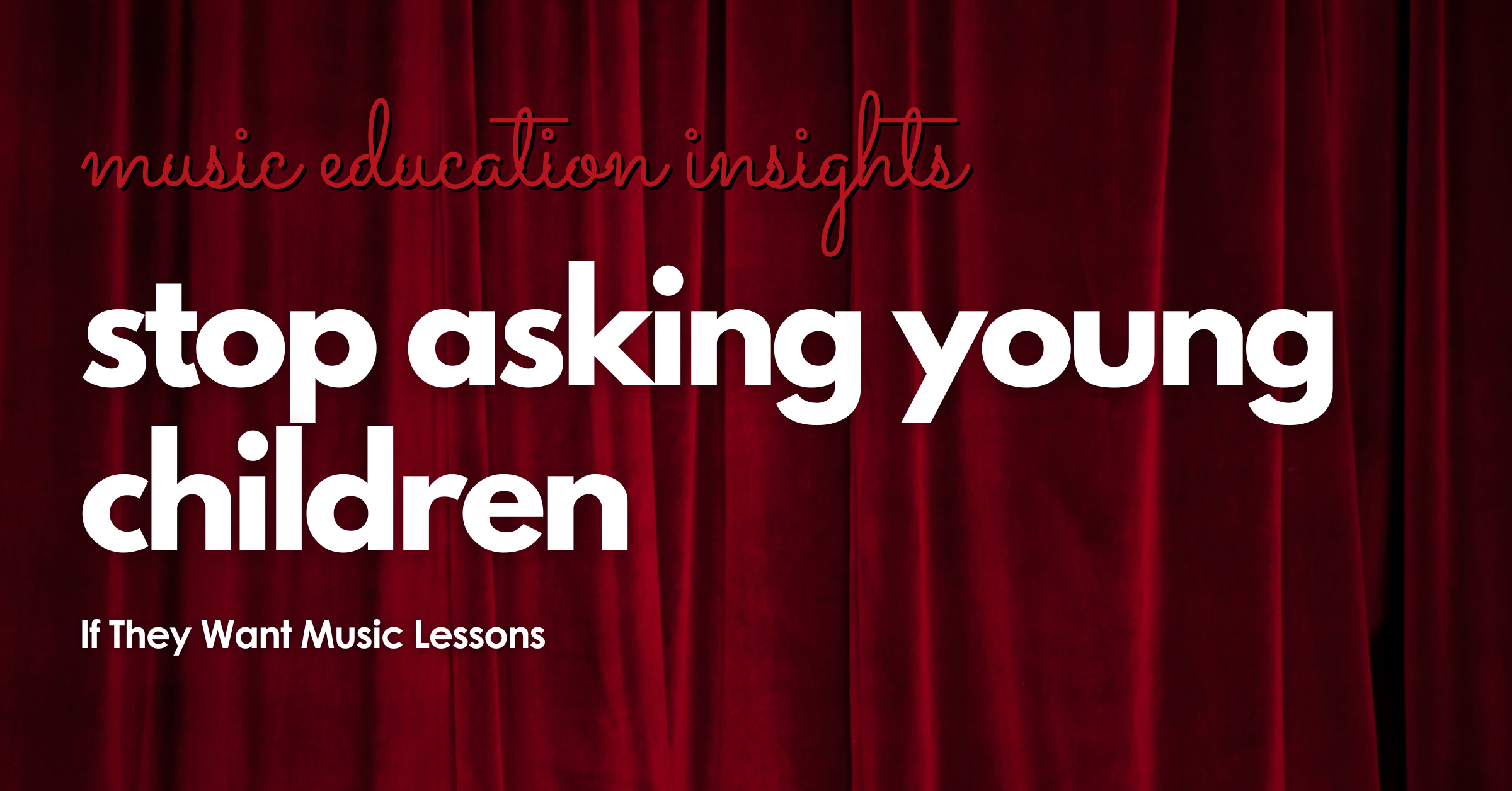Someday You’ll Thank Me
By Mindy Cabral, The Magazine of Santa Clarita, April 2009
When it comes to education and early brain development, most parents research and investigate different kinds of programs for their children. In the process, parents learn what interests their child, what is appropriate at certain ages, and which activities will benefit their child’s academic, social, and physical learning.
The effects of music education on brain development has been researched for decades. Music enhances creative thinking, math, and literary skills resulting in higher test scores in school. By participating in group music making, children gain necessary cooperative social skills while developing a sense of teamwork. Physically playing an instrument develops; steady hand-eye coordination, large and fine motor skills, and a sense of rhythm and timing.
You probably know that studying music benefits young children, so why not give your child that musical brain food? The most important step is getting involved in an appropriate program for your child. A wise teacher of mine once said “If you can talk, you can sing. If you can walk, you can dance.” Yes, you can do it.
Children sometimes begin complaining about practicing and want to quit. Students may say the music is too easy or too difficult, or that they don’t have time to practice. Let me address these issues.
The music is too easy: Music is not just playing notes from a page. Music is playing with the correct rhythm within a steady beat, dynamics, hand position, tone quality, style, intonation, articulation and when combined create a more musical performance. Is the student aware and focusing on all these aspects of playing to create music? If so, it is time for more challenging pieces.
The music is too difficult: More difficult music requires more focus and discipline. I break down more challenging pieces into small sections at a time. After the student have learned the piece all they want to do is play it! Parents report their at-home progress and the never-ending concert for everyone who walks in the door. The best part for the student is being able to relive their accomplishment again and again, literally forever.
I don’t have time: Honestly, I am tired of hearing this excuse and so is every other music teacher in the world. Music does not have to require hours of practice everyday. Focused, consistent practice with realistic goals set by the student, teacher and parent are important. With these ingredients, the student can practice as little as minutes a day and still see progress. Laziness is not a reason to quit. How many hours a day do you spend watching TV, playing video games, or playing sports? Imagine if you spent the same amount of time with music: we could be brain surgeons and rocket scientists, not to mention concert pianists. MAKE TIME FOR MUSIC!
You, the parent, generally know what’s best for your child. Even though they may protest; eating vegetables, going to school, brushing their teeth and even going to bed, you require your child to comply because you know it’s good for them. I’m not implying anyone should force music on a child, but at least expose them to an appropriate music program. Together with your teacher, you and your child should be able to have fun and learn while reaping the benefits music has to offer. “Some day you’ll thank me…” – My Mom
© copyright 2009



